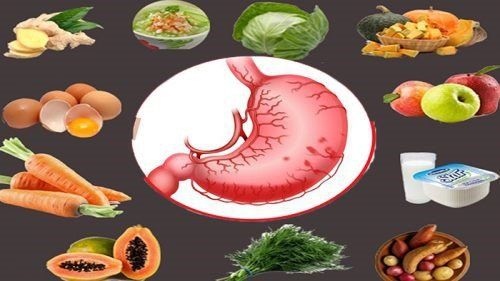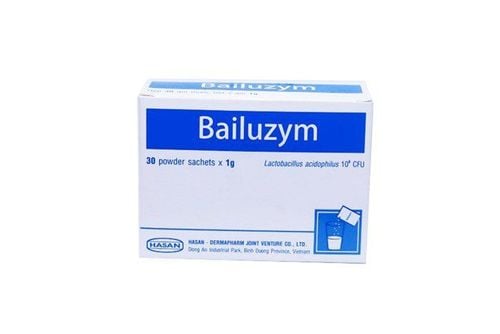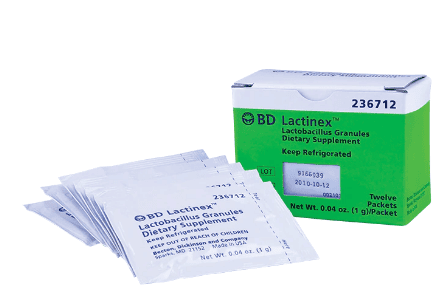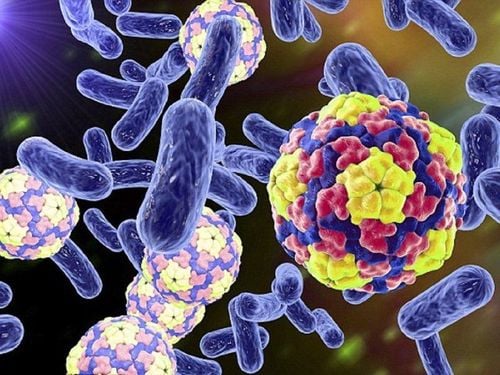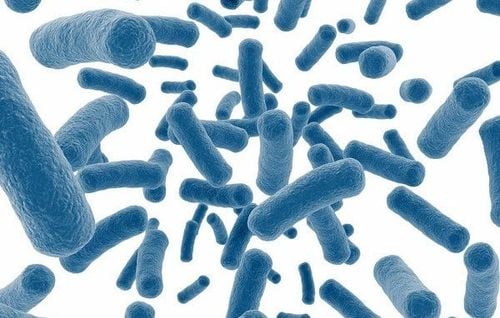This is an automatically translated article.
Probiotics and prebiotics are both nutrients that are often talked about today. Although they sound quite similar, the two have distinct roles in health. Specifically, probiotics are beneficial bacteria, and prebiotics are food for these bacteria.
1. What's the difference between Probiotics and Prebiotics?
Both prebiotics and probiotics are important to human health, but play different roles:
Probiotics: Live bacteria found in certain foods or supplements , can provide many health benefits. Prebiotics: Found in carbs that humans cannot digest (mostly fiber). The beneficial bacteria in the gut will eat this fiber. Gut bacteria, collectively known as the gut microbiome, perform many important functions in the body. Supplementing with the right amount of probiotics and prebiotics will ensure a balance of beneficial bacteria in the gut microbiome, keeping you healthy.
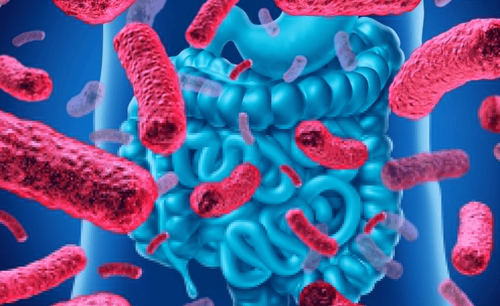
Probiotics còn được gọi là men vi sinh đường ruột
2. The role of gut bacteria
The beneficial bacteria in the digestive tract help you fight other bacteria and harmful fungi. A 2013 study of gut bacteria confirms that: Many probiotics can support immune system functions, improve symptoms of depression and tackle obesity, among other benefits. . In addition, some gut bacteria also form vitamin K and short-chain fatty acids. This is the main source of nutrients for the cells lining the colon, which form a protective barrier in the intestines, eliminating harmful substances, viruses and bacteria. Well-nourished cells lining the digestive tract also help reduce inflammation and potentially reduce cancer risk.
The food you eat plays an important role in the balance of gut bacteria, both good and bad. For example, a diet high in sugar and fat negatively affects gut bacteria, contributing to insulin resistance and other problems.
If you regularly eat bad foods, harmful bacteria will grow faster and easily reside in the intestinal tract, you also do not have many useful bacteria to prevent them.
Harmful bacteria and less healthy gut flora are also associated with a higher body mass index (BMI). Additionally, pesticide-infused foods also have a negative impact on gut bacteria, but more research is needed to confirm. Studies have also shown that antibiotics can mutate certain types of bacteria, especially when given to children and adolescents.
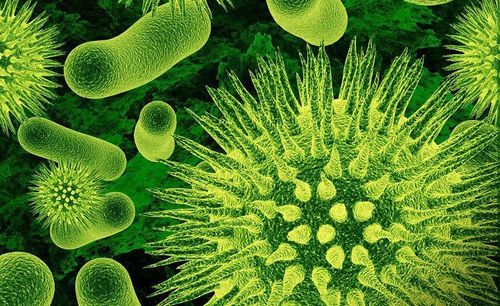
Các lợi khuẩn giúp hỗ trợ cho hệ đường ruột
3. Prebiotics in which foods?
Prebiotics are types of fiber found in vegetables, fruits, and legumes. Humans cannot digest these fibers, but the good bacteria in the gut can. You don't have to buy expensive prebiotics, as many natural food sources also contain them.
Foods rich in prebiotics include:
Beans and peas Oats Bananas Berries berries Asparagus Dandelion greens Garlic Leeks Onions Gut friendly bacteria turn prebiotics fiber into butyrate short-chain fatty acids. This substance has been widely studied and proven beneficial for the digestive system in particular and health in general.
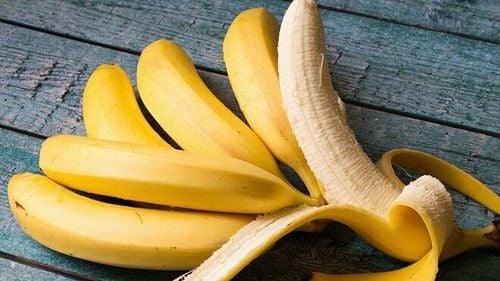
Prebiotics có hàm lượng cao trong chuối
4. Probiotics in which foods?
Many probiotic foods contain natural probiotics, such as yogurt. Plain, high-quality yogurt with live cultures is a great addition to your diet. Fermented foods are also a good idea, containing many beneficial bacteria that thrive on sugar or natural fiber in foods.
Examples of fermented foods include:
Pickled Sauerkraut Kimchi Water Ginseng Mushroom - Kombucha (raised in a sugar tea solution) Some other pickled vegetables (unpasteurized). If you want to eat fermented foods for probiotics, choose unpasteurized ones, as this process kills bacteria. Some foods can also contain both beneficial bacteria and a source of prebiotics that feed the bacteria, called synbiotics, such as cheese.

Probiotics được tìm thấy trong sữa chua
5. Probiotics Supplements
Probiotics supplements are available as pills, powders or liquids that contain live probiotics or yeast.
Although very popular and easy to find, not all are worth it, because:
Not all products have the same bacteria or the same concentration. There are also many products put on the market that have no proof of effectiveness. If probiotics are added alone without a prebiotics fiber source, the bacteria without food are also hindered from being effective. Some probiotic supplements have the ability to carry bacteria all the way to the large intestine for better effect, while poor quality ones will not overcome the acid in the stomach. There are a few groups of people who should not take probiotics, such as people with intestinal bacterial overgrowth (SIBO) or who are sensitive to the ingredients in the supplement. Whether probiotics are suitable and beneficial depends on the type, formulation, quality of the product and how it is stored. You should consult with a health care professional - who knows about probiotics, before deciding to buy and use.
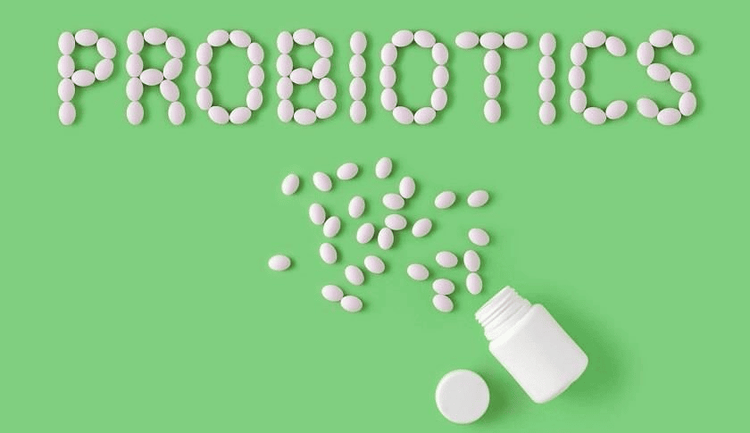
Probiotic được điều chế dưới dạng viên nén
Periodic health check-ups help to detect diseases early, so that there are treatment plans for optimal results. Currently, Vinmec International General Hospital has general health checkup packages suitable for each age, gender and individual needs of customers with a reasonable price policy.
Results of the patient's examination will be returned to the home. After receiving the results of the general health examination, if you detect diseases that require intensive examination and treatment, you can use services from other specialties at the Hospital with quality treatment and services. outstanding customer service.
Please dial HOTLINE for more information or register for an appointment HERE. Download MyVinmec app to make appointments faster and to manage your bookings easily.
Reference source: healthline.com
MORE:
What are Probiotics? what is the different between probiotics and digestive enzymes? Digestive enzymes - How to use it correctly?





